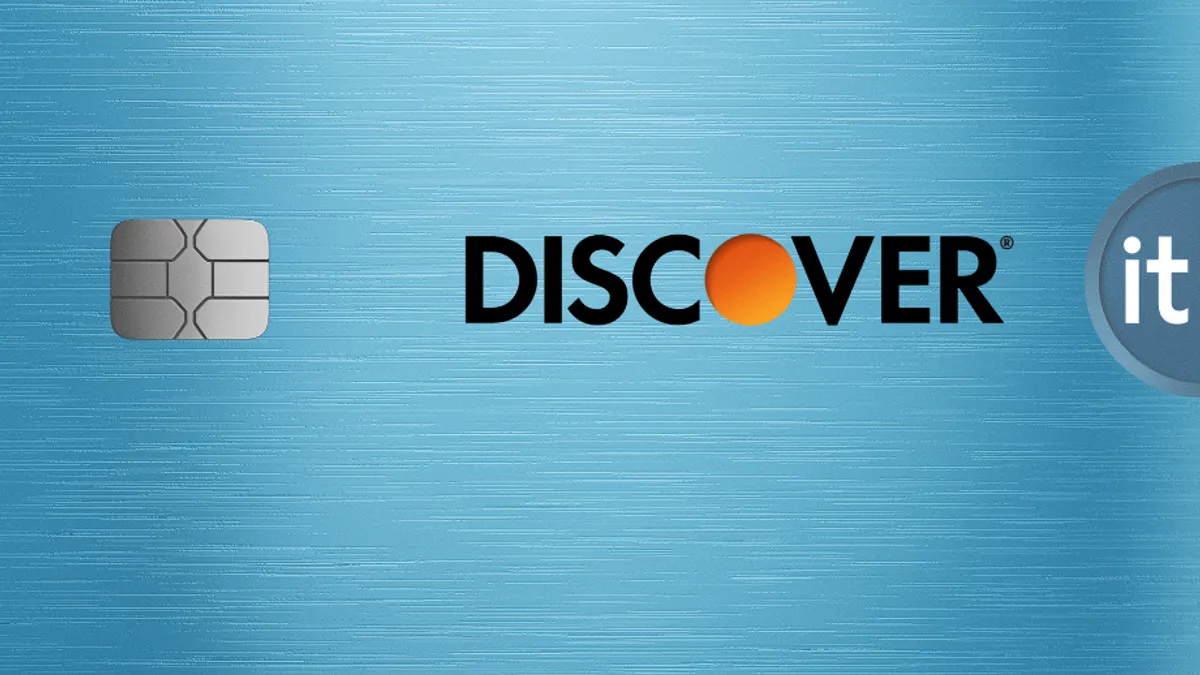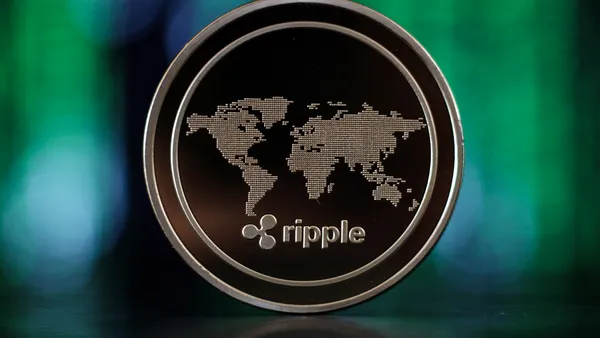Discover Financial Services’ stressed situation could make it an attractive asset for certain buyers, but a “limited universe” of potential acquirers would fit that bill, said attorney Joe Silvia, who advises financial institution clients on mergers and acquisitions.
A recent drop in Discover’s stock price and the card issuer’s search for a new CEO have created acquisition potential, Crain’s Chicago Business reported last week.
The shares have plunged more than 25% since July 19, when the company disclosed it was grappling with a merchant acquiring pricing error and a separate compliance probe from the Federal Deposit Insurance Corp.
CEO Roger Hochschild resigned abruptly less than a month later.
A spokesperson for Riverwoods, Illinois-based Discover declined to comment.
The compliance issues have led some investors to file a class-action lawsuit against the company. Interim CEO John Owen has said Discover is committed to bolstering risk and compliance efforts.

Silvia, a Chicago-based partner with law firm Dickinson Wright, spoke with Industry Dive about the possibility of an acquisition, and what potential acquirers might be considering.
Editor’s note: This interview has been edited for brevity and clarity.
PAYMENTS DIVE: Given what’s occurred recently at the company, could Discover be an acquisition target?
JOE SILVIA: It would definitely be an interesting target because of the stock price, but also because it’s a little bit more of a unique banking institution, right? It has this huge credit card business and a relatively small core banking operation. So, it could be a potential play for probably a large regional bank that would be open to the credit card aspect of it, and expanding in that area. I wouldn’t put it out of the realm of possibility.
Who might potential acquirers be?
It would have to be a bank that has above $100 billion in assets to be able to take on Discover. Limited universe of companies there, but one above that, that would be interested in that credit card portfolio, could make an interesting acquirer. The other thing that an acquirer is going to have to think about is if it would pay in stock, or cash and stock. There’s going to be a lot of back and forth about the stock price of the acquirer and how that's been recently and what the prospects are, just because the pressure that regional banks have been under since the March failure of Silicon Valley [Bank] and so forth.
It wouldn't be Visa or Mastercard. It would have to be a company that is not materially in the credit-card business right now. I'm sure there are plenty of fintechs that would love to just jump into the credit-card business with a name like Discover, but you’ve got to be able to buy it and take on that size of an organization.
What about a possible price tag for such a purchase?
Based on their asset size and financial information, I think it would likely be in the $10 [billion to] $20 billion range. A large part of it would depend on whether it would be stock and cash or just stock. With stock, you've got a little bit more flexibility in terms of what the quote-unquote sales price is.
Could Discover’s recent compliance issues deter potential acquirers?
That always factors into the analysis, but to me, that’s not typically a huge deterrent for an acquirer, especially one comfortable in its own skin when it comes to compliance matters. If the potential acquirer is comfortable that Discover is on its way to cleaning things up in an appropriate way and in an appropriate time frame, then that shouldn't deter them. It does sometimes extend the regulatory application process, because there will be additional back and forth, likely with the acquirer, to examine how it’s going to help clean up whatever Discover compliance matters are still outstanding, and so regulators will have more detail in their questions.
What else might prospective acquirers be evaluating?
A potential acquirer is going to really have to get comfortable with the difference in business that Discover offers, as opposed to a traditional banking institution. To take on such a large, focused portfolio of business, like credit cards, you need an institution that has the interest and the capability and sees the longer-term benefit of having that large of a portfolio.
In terms of the numbers, the investment bankers and analysts would have to do a pretty deep dive in terms of the value for Discover, the overall valuation going back 12 to 24 months, regardless of the recent dip in stock price, regardless of the CEO leaving. For the board of directors of any company to be comfortable approving a potential transaction, they need to make sure that it's maximizing shareholder value, first and foremost. Those numbers have to be reflective of the actual value of Discover over time and not just based on this recent dip in stock prices.















